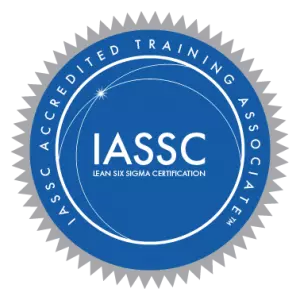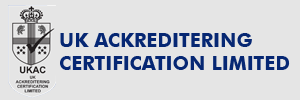
The Project Management Guide, an internationally recognized standard (IEEE, ANSI), is used as a reference for most project management-based training programs. Various institutes and institutes offer professional courses in project management/PMP certification. The curriculum developed is largely based on the Project Management Guide, a body of knowledge, i.e., PMBOK® and other project management books and standards recommended by the PMI® Project Management Institute. PMI® is the world's largest non-profit project management organization. It serves the project management community through its various initiatives focused on advocating best practices in project, program, and portfolio management. PMI® updates PMBOK® regularly. The first edition was published as a white paper by PMI® in 1983. The Project Management Agency Knowledge Guide is now in its 5th edition, most recently published in 2013.
The project management manual represents all the knowledge available in the project management profession. PMBOK® provides a framework for guidelines, rules, and project specifications across a wide range of industries. The standards are widely recognized and, when applied consistently, will help you and your organization achieve professional excellence. The knowledge, standards, and practices contained in the Project Management Guide apply to most projects, most in most industries.
The Project Management guide is about processes, their interactions, integrations, and their interface points. Defined process interactions are a variation of Deming's plan-do-check-action cycle. PMBOK® also serves to promote and create a common vocabulary for the project management profession. This handbook provides tools and techniques for each process and provides a basis for determining equal inputs and outputs. It defines the basic concepts of the project, project management, the role of the project manager in different organizational structures, project management phases, and project life cycle. This guide provides a comprehensive approach to balancing project boundaries that include, but is not limited to:
- scope
- quality
- Timetable
- budget
- resources and
- stake
PMBOK® in 5th edition is structured around 5 process groups viz. Initiate, plan, execute, monitor and control, and close. In addition, the 10 knowledge domains are mapped to the 5th process group by unique individual processes. The 10 knowledge areas are as follows:
- Project integration management
- project time management
- project framework management
- project cost management
- project quality management
- Project human resource management
- project communication management
- project risk management
- project supply management
Project Stakeholder Management is a complement to PMBOK® 5th Edition. In earlier versions, Project Stakeholder Management was part of the Project Communications Management knowledge area. The 5th edition defines 47 processes around process groups and knowledge areas, which is 5 more than the previous edition.
In addition to establishing policies and practices for project delivery, the Project Management Guide also guides the interpersonal skills expected of a project manager. According to PMBOK®, the three principles of knowledge, practice, and personal ability are the three legs of the tripod on which successful projects are built. This guide provides a comprehensive list of required interpersonal skills and suggests ways to improve those skills to maximize team performance.
For this reason, the Project Management Body Knowledge Guide is the most comprehensive resource for the budding project management professional. He has the final say in how the project is managed. In this regard, he recommends not following the process in a rigid order but suggests embracing the process with panache and panache as required by any given project for the project manager to decide.




